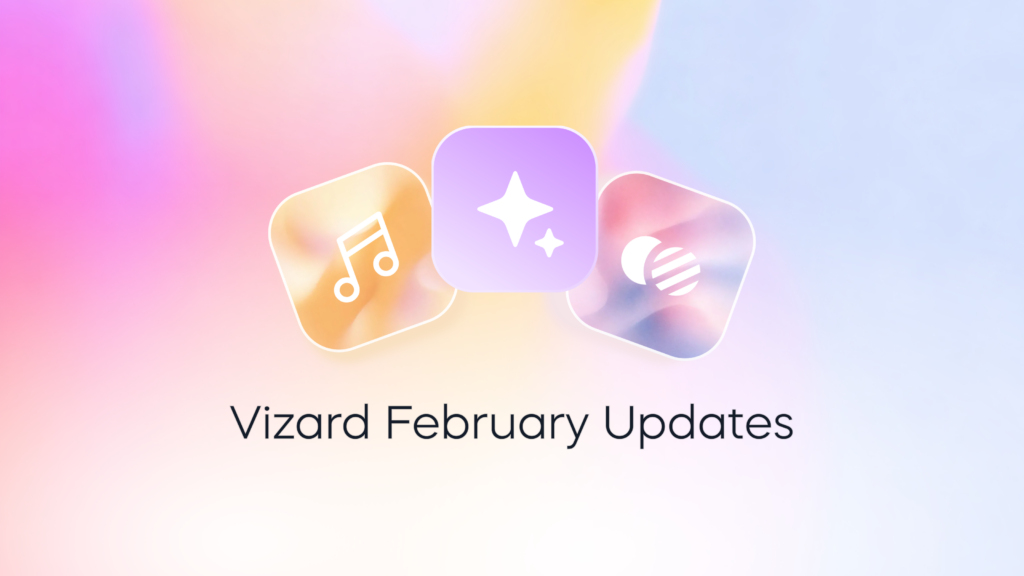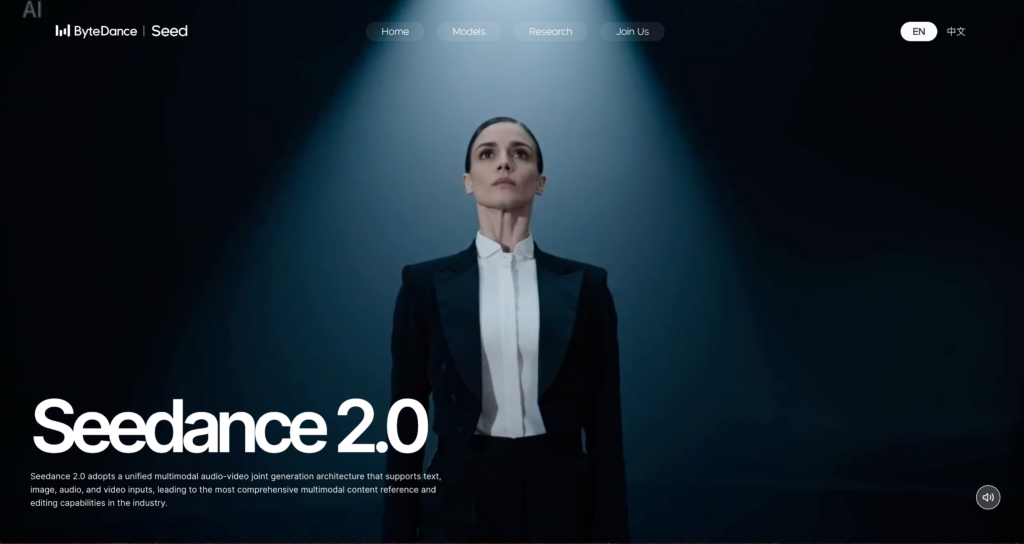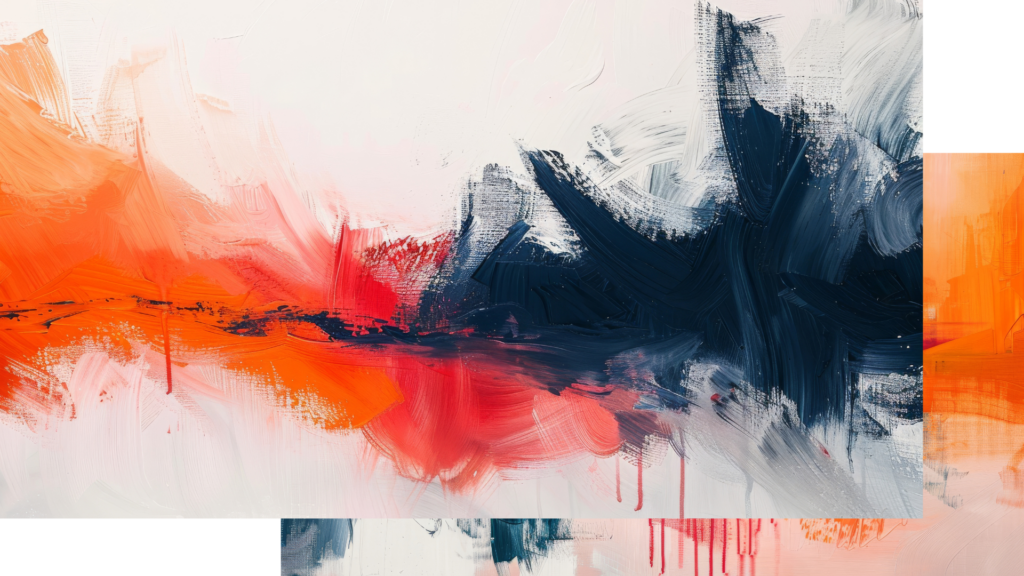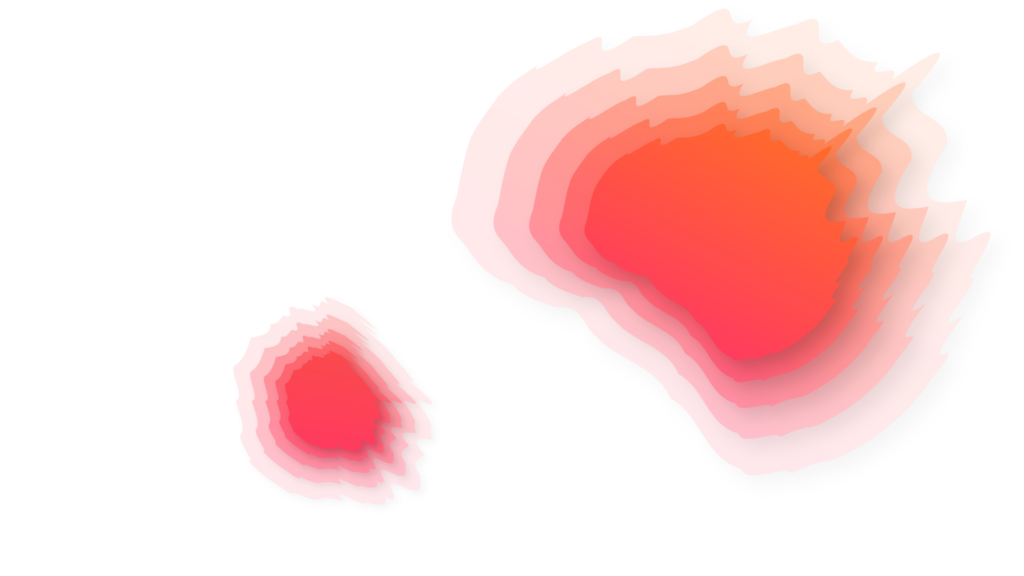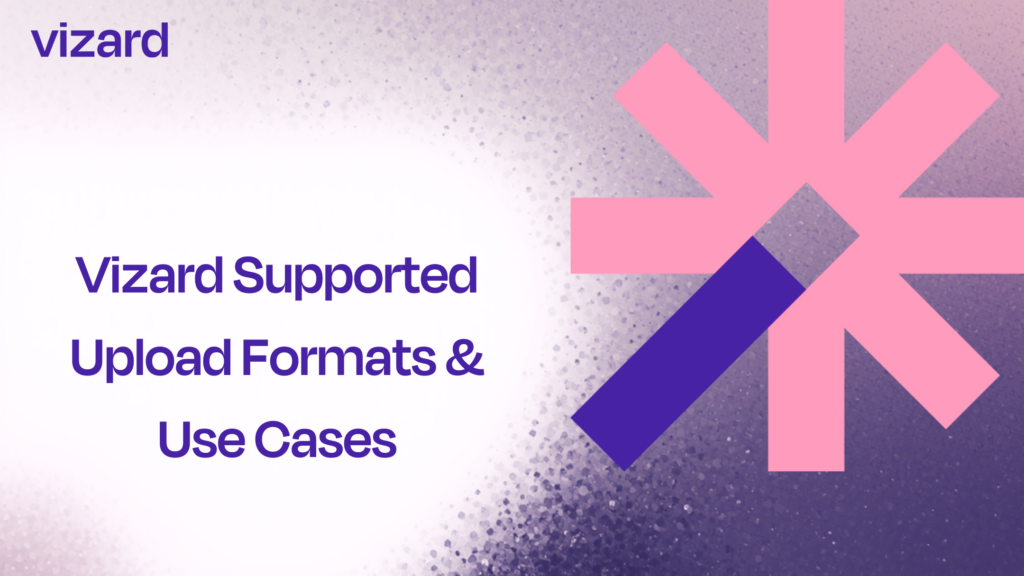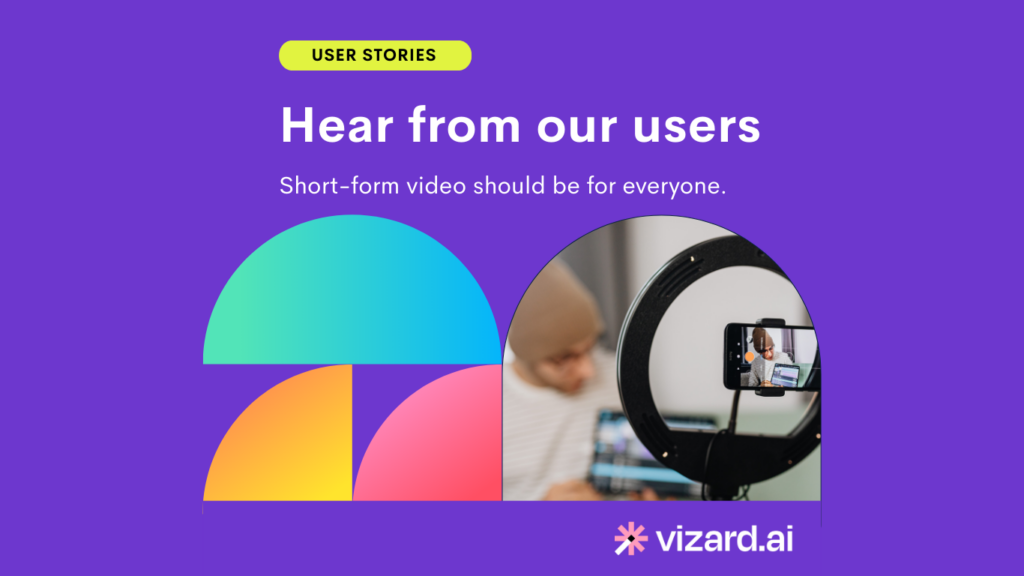In 2023, YouTube became the second biggest social media platform globally, trailing only behind Facebook. With over 2.7 billion active users, YouTube is the world’s biggest consortium of user-produced and influencer-created content.
Whether you are just learning how to make YouTube Shorts or are a full-time content creator, there is one thing you never want to see pop up in your inbox: a YouTube copyright claim. If you’ve recently encountered a copyright claim on YouTube, you’re likely questioning, “What does a copyright claim mean on YouTube?” Equally crucial is understanding, “What happens to your channel if a YouTube video says a copyright claim has been made on your video?”
Join us as we take a deep dive into YouTube copyright claims so you can protect your channel.
What Does a Copyright Claim Mean on YouTube?
First off, precisely what is a copyright claim on YouTube? Fortunately, the concept is pretty simple. A copyright claim on YouTube is an assertion that your video contains materials that someone else owns the rights to.
This material can be music, video clips, images, or anything else used as part of the substance of the video. YouTube can make a copyright claim automatically using its algorithm, or the entity that owns the material could make a manual claim.
To understand the basic premise of a copyright claim, consider the following scenario. You are in a crowded coffee shop and suddenly realize your phone battery is running low. Lucky for you, a phone charger is plugged into the wall near the table behind you.
Since no one is using the charger, you help yourself and start charging your phone with it. However, the owner of the charger realizes they left it, walks up, and tells you that it belongs to them. If they say you can keep using it, you are good to go. But if they demand it back, you better unplug your device and hand it over to avoid repercussions.
A copyright claim functions in much the same way. It’s the owner of the content or YouTube’s way of informing you that something in your video doesn’t belong to you. If you address the claim, it probably won’t impact your channel. But if you don’t, or if you make it a habit of borrowing other people’s content, it can become a real problem.
Remember that all the content you publish is subject to YouTube’s copyright policy, meaning you can receive a copyright claim on YouTube Shorts or full-length YouTube videos. For that reason, it’s essential to pay close attention to the content you upload to the site.
Copyright Claim vs. Copyright Strike
There is a crucial difference between a copyright claim and a copyright strike. While both relate to using copyrighted content on your channel, a copyright claim doesn’t necessarily spell disaster. That said, it might lead to ads appearing on your video, with proceeds going to the copyright owner.
In contrast, a copyright strike is more severe. It means the content owner formally requests that YouTube take down your video. Usually, YouTube follows a three-strikes rule. In other words, if you receive three copyright strikes, they can demonetize or even delete your channel.
How Many Copyright Claims YouTube Allows
While YouTube has a strict three-violation policy regarding copyright strikes, it is a bit more flexible when it comes to copyright claims. There is no definitive answer to how many copyright claims YouTube allows on a channel. Usually, as long as a content owner does not ask for your content to be taken down, it won’t count toward your three strikes.
Still, you don’t want to accrue a large number of copyright claims. If you have too many of these claims against your channel, YouTube might make your content harder to find. You also risk having your videos monetized by the copyright owner. This means they would take some or all of the revenue from your video content.
Does a Copyright Claim Affect My Channel?
A copyright claim is not a death sentence for your channel. However, it does mean that the copyright owner could monetize the video. This could cause your content to be less visible or make it less profitable for you. Either way, you must take notice anytime someone claims a copyright against one of your videos.
What Happens if You Get a Copyright Claim on YouTube?
So, what happens if you get copyrighted on YouTube? Usually, a copyright claim will kick off a series of events:
You Receive an Email Alert or Notification
YouTube does a great job of keeping content creators in the loop. If someone files a copyright claim against one of your videos, YouTube will send you an in-app notification. They may also send you an email if you have email alerts enabled.
The alert will have some basic information about the claim. It should inform you of the video that has been flagged and the aspect of the content in question (e.g., music, imagery, video clips).
Copyright Holder May Take Action
What happens next is largely up to the copyright holder. YouTube provides them with several options, including:
- Monetizing Your Video: Copyright holders can monetize part or all of your video. Usually, they can only monetize the segments they claim ownership of.
- Muting the Copyrighted Segment: The owner of the music can have the entire segment muted. This is common when the content in question is music.
- Blocking the Video: Sometimes, copyright holders will have YouTube block your video entirely. It won’t be visible in users’ feeds, meaning you won’t rack up any views.
- Monitoring Your Viewership Stats: In some cases, copyright holders can see your viewership stats. Some copyright holders review stats to decide how to proceed.
If the person making the claim asks for your video to be removed and YouTube grants this request, your channel will receive a dreaded copyright strike. That’s where things can get dangerous.
Dispute the Claim
If you’re confident that the claim was made in error or that you hold rights to the content, you have the option to dispute it. This involves filing a formal dispute form with YouTube detailing why the claim is illegitimate. Tread carefully with this avenue, though; disputing without valid grounds can lead to a copyright strike.
Copyright Claim FAQs
Should I Worry About Copyright Claims?
Not necessarily. While respecting copyright and ensuring you have rights to all content in your videos is essential, a single copyright claim is not a huge deal. It’s more of a warning that you should be more cautious in the future.
Can I Still Monetize My Video With a Copyright Claim?
This is where things get tricky. The copyright owner can run ads on your video if you receive a copyright claim. In these instances, they will receive the revenue. However, monetization will revert to you if you win your dispute or the claim gets released.
What’s the Difference Between a Manual and an Automatic Claim?
A manual claim occurs when the content owner or one of their representatives directly identifies and notifies YouTube about your video. They manually spot the infringement and make the claim. Conversely, an automatic claim is made by YouTube’s content ID system. This system scans content and flags your video if it finds a match with any materials in its file database.
How Long Does a Copyright Claim Last?
Copyright claims are non-expiring. A claim remains in place until one of three things happens:
- The claimant releases the claim
- You file and win a dispute
- You remove the copyrighted content from your video
While a claim does not necessarily harm your channel, you can’t ignore it and assume it will disappear.
Can My Video Be Claimed for Very Short Uses of Copyrighted Content?
Yes. Even a few seconds of copyrighted content can be detected and claimed. That said, content creators don’t have the time to manually review every video in their niche. For that reason, short clips or bits of copyrighted material may go undetected, at least for a while.
However, YouTube’s content ID system has become quite sophisticated. This means that it can quickly pick up on very short clips of copyrighted content.
What Happens to the Money Made From a Video While It’s Under Dispute?
Once you file a dispute, YouTube will hold all revenue generated from your video in a separate account. After the dispute is resolved, YouTube awards the revenue to the winning party.
Can I Use Copyrighted Music if I Give Credit to the Owner?
Not necessarily. Giving credit doesn’t automatically grant you rights to use the content. Always get formal permission or licenses to protect your content and account.
Vizard: An All-in-One Solution for YouTube Creators
Besides ensuring your video respects copyright rules, creating and maintaining high-quality content is crucial.
Vizard is an AI-powered video solution for YouTube creators. The platform includes all sorts of user-friendly tools, like our YouTube clip maker, YouTube Shorts maker, transcription tools, dictation software, and more.
With Vizard, you can create and edit everything from snappy video clips to multi-hour YouTube podcasts. Take your YouTube channel to the next level with Vizard. Produce more content, increase the quality of your videos, and deliver for your subscribers. Are you ready to experience Vizard for yourself? If so, check out our free online video editor.



